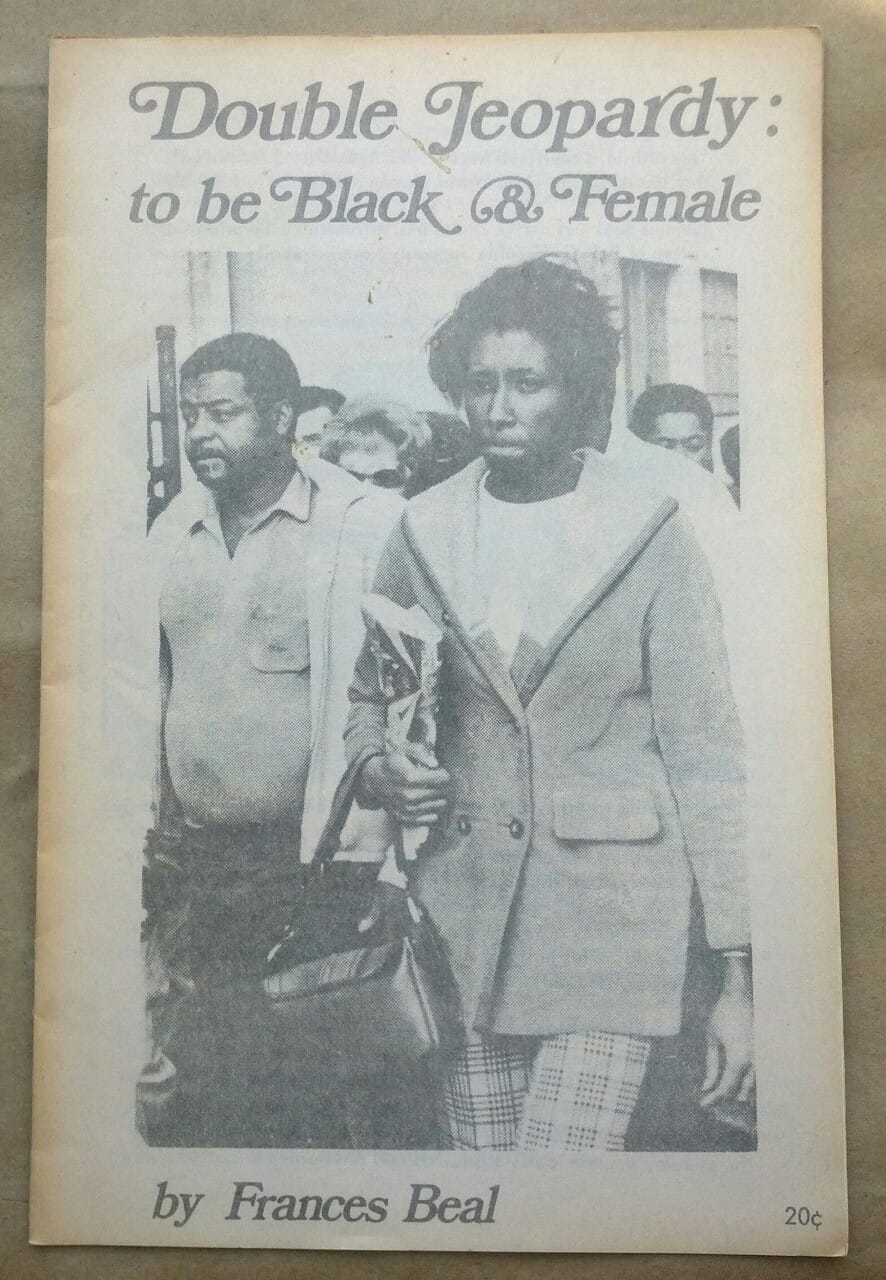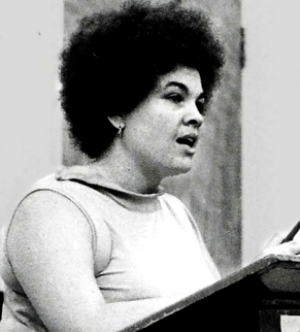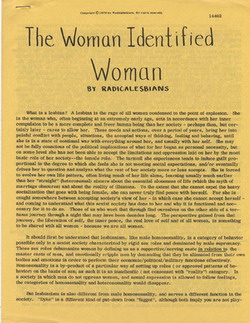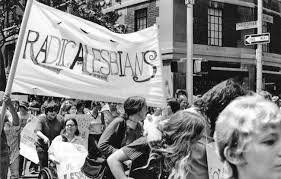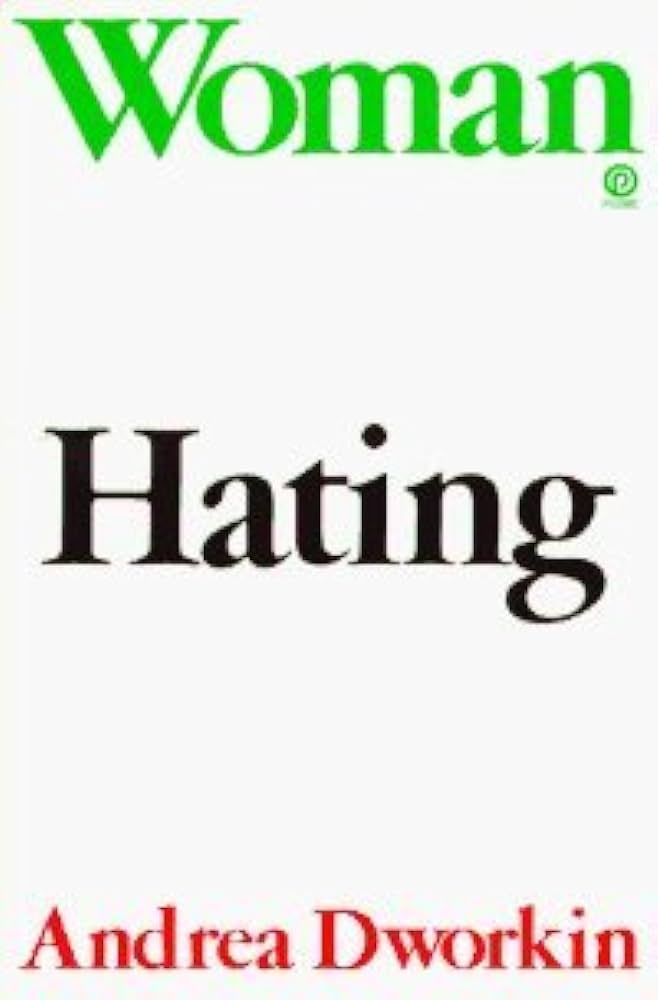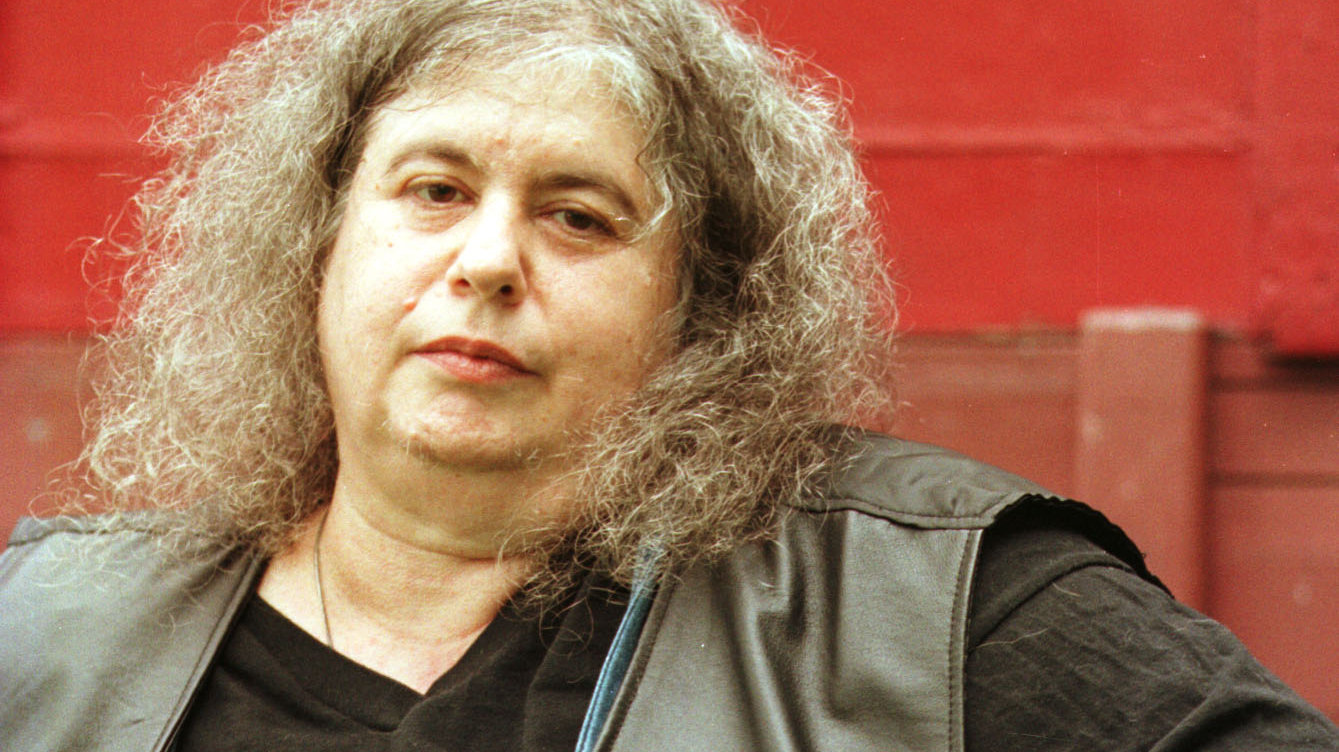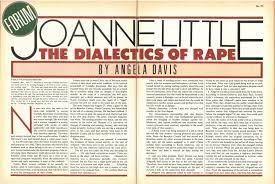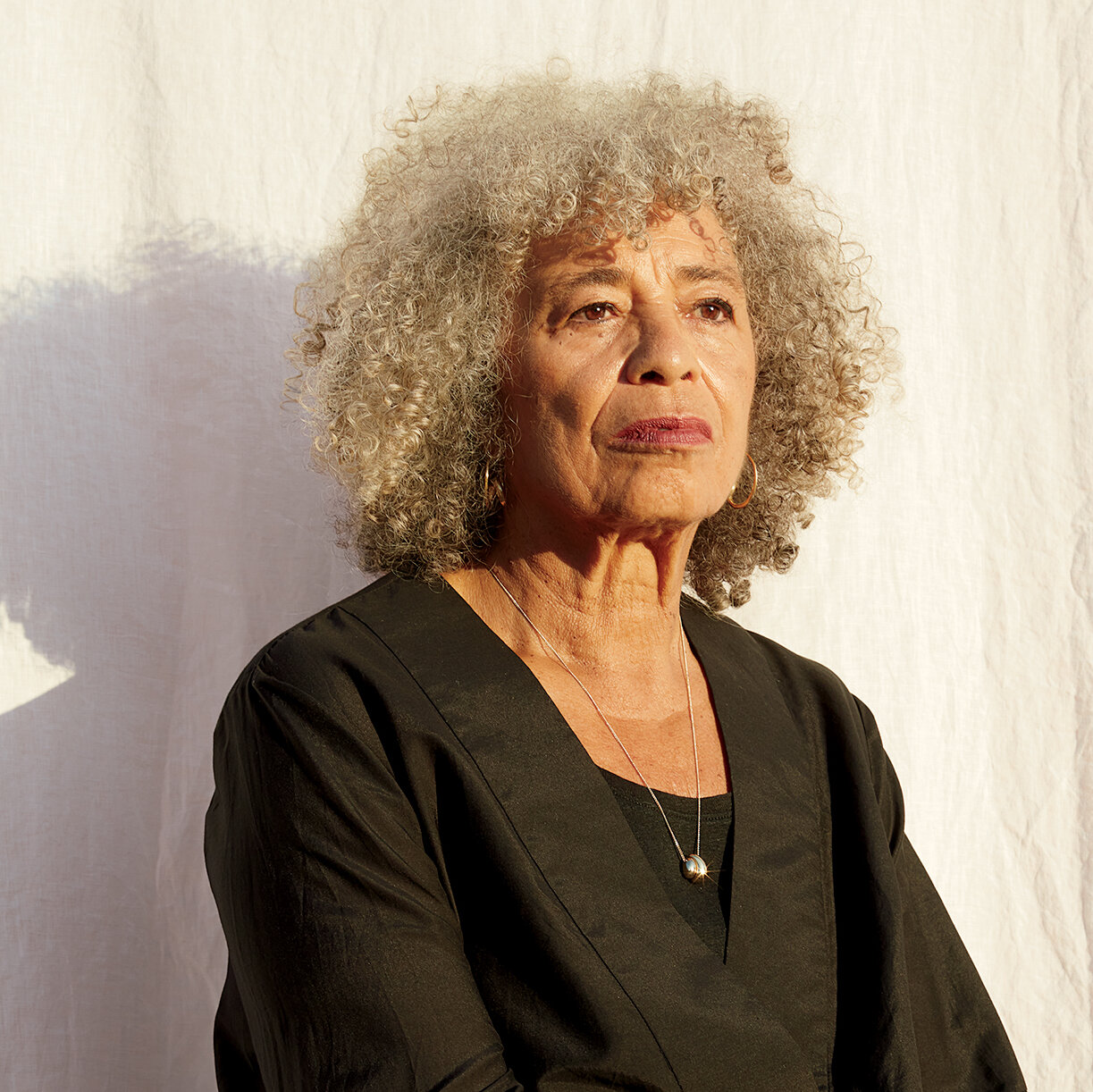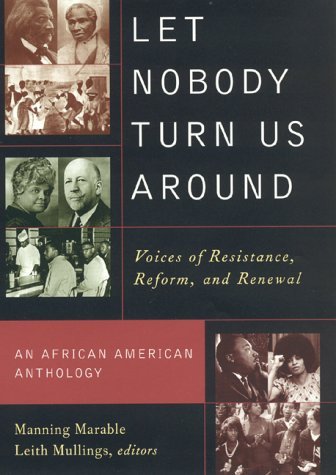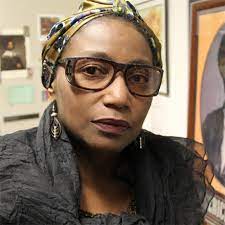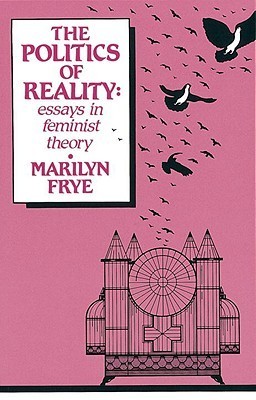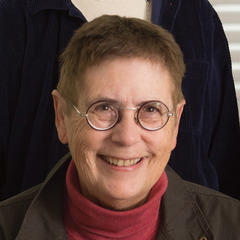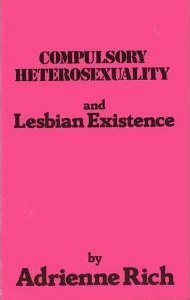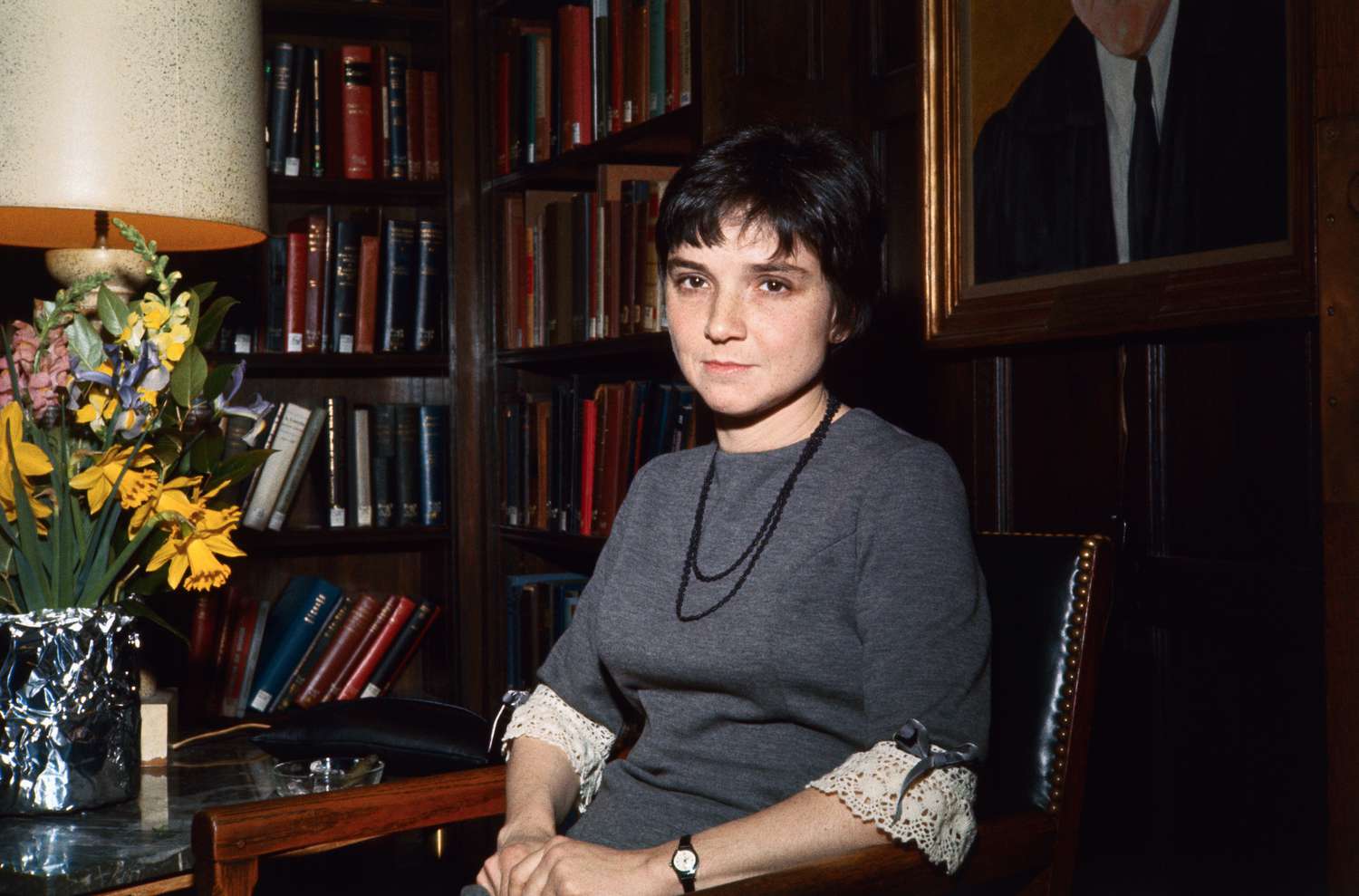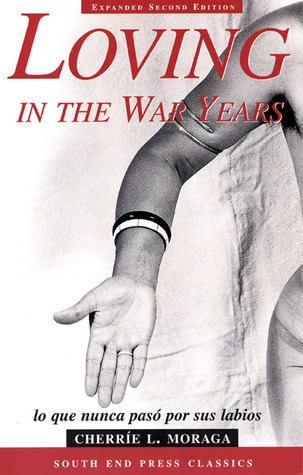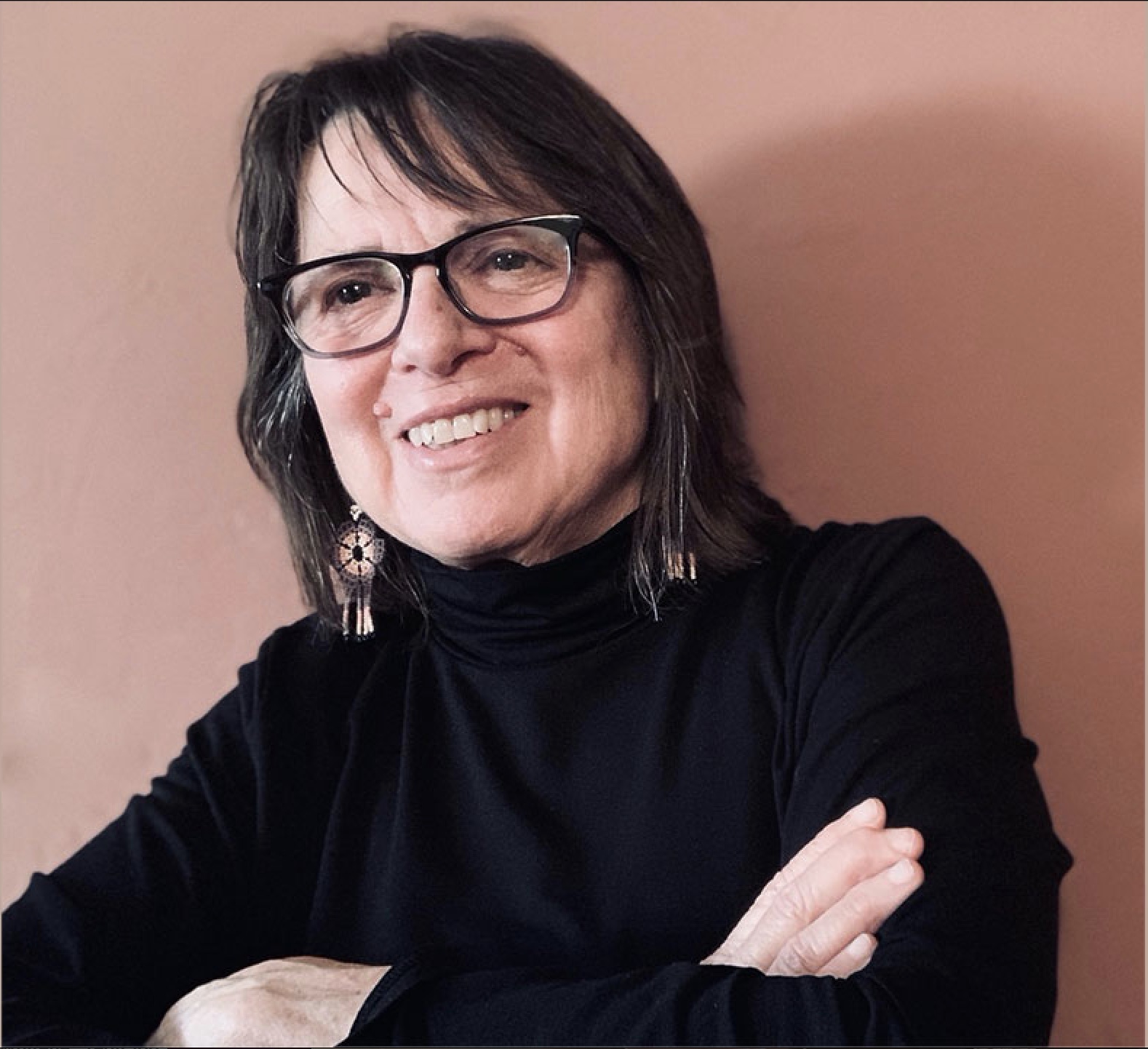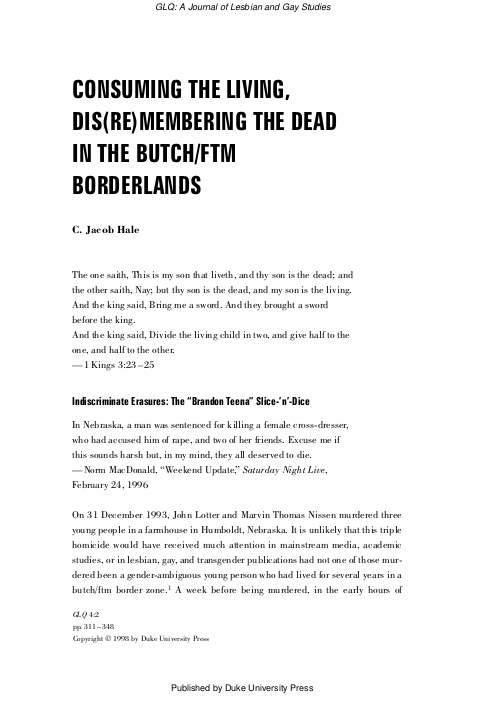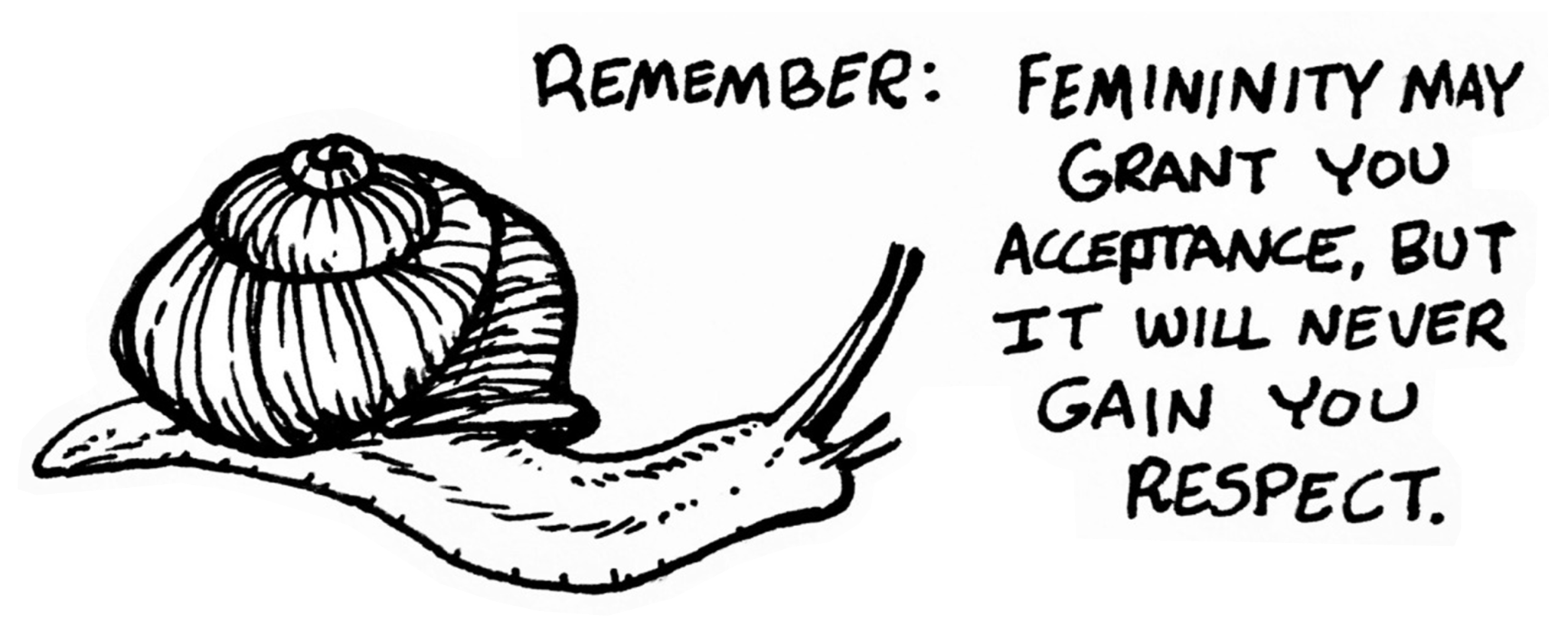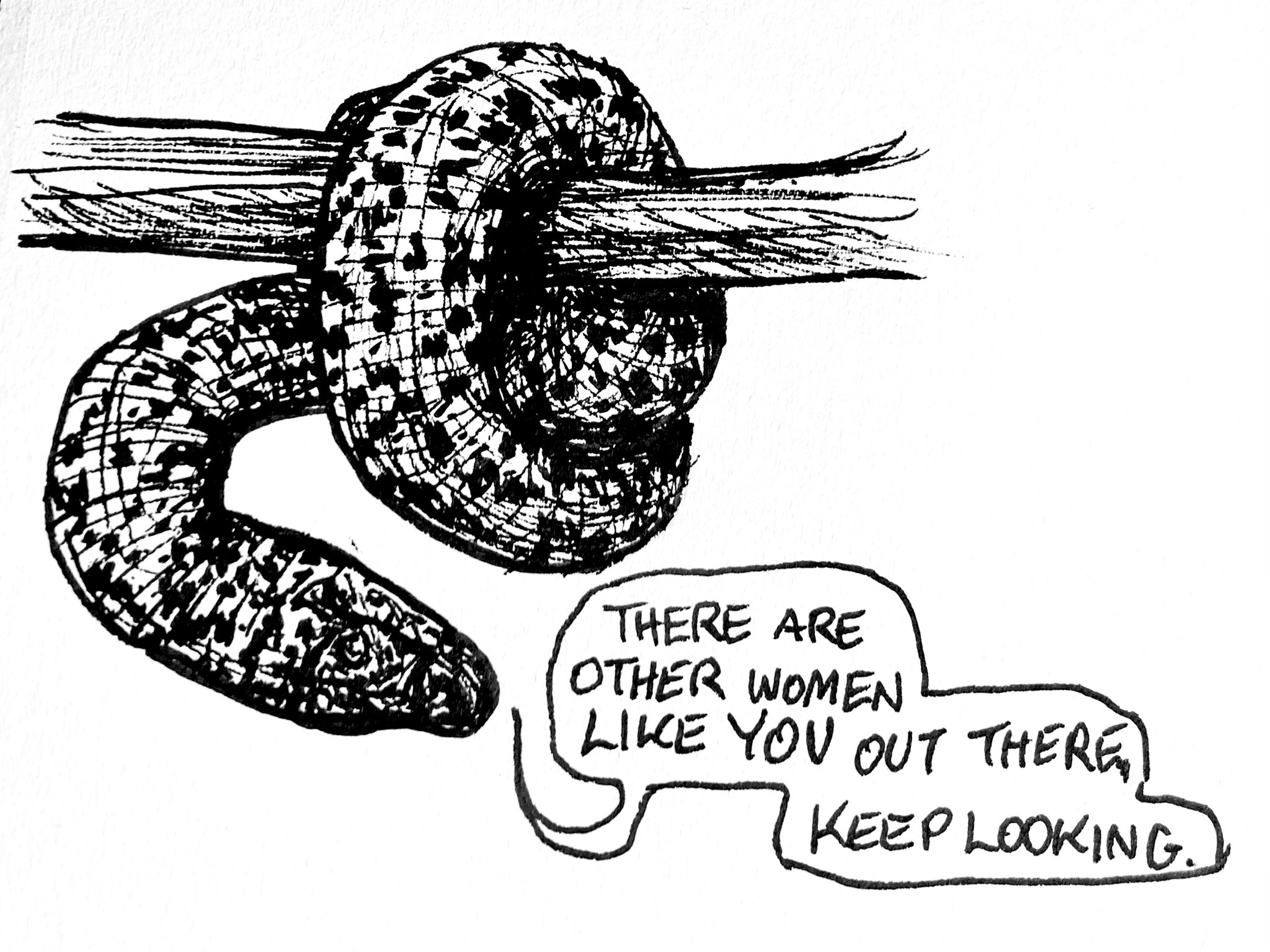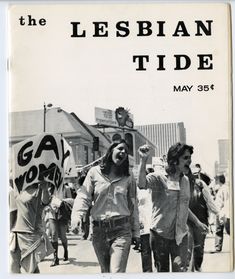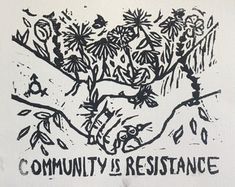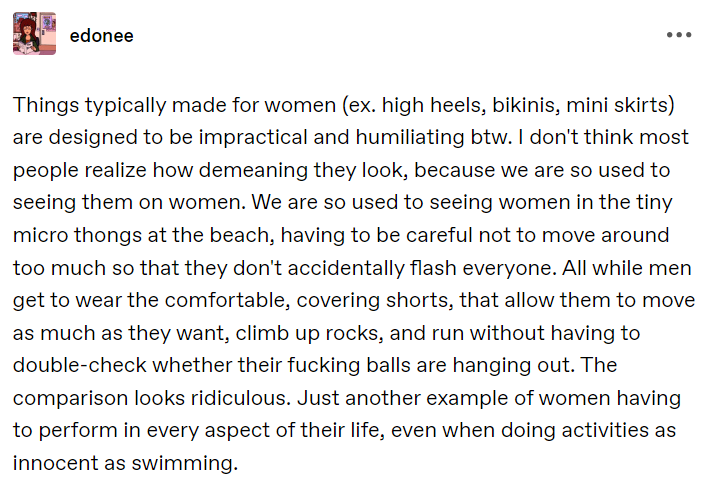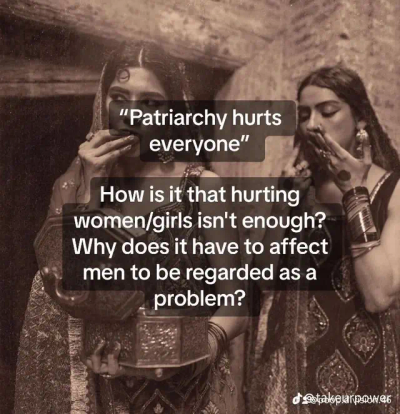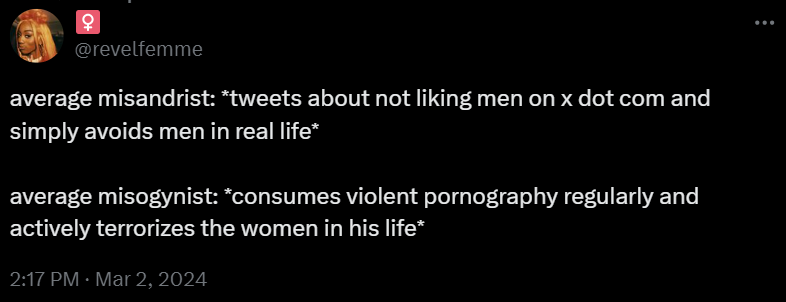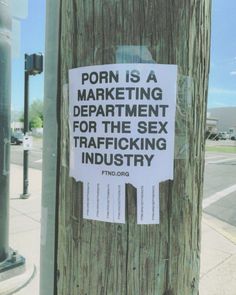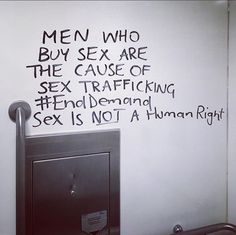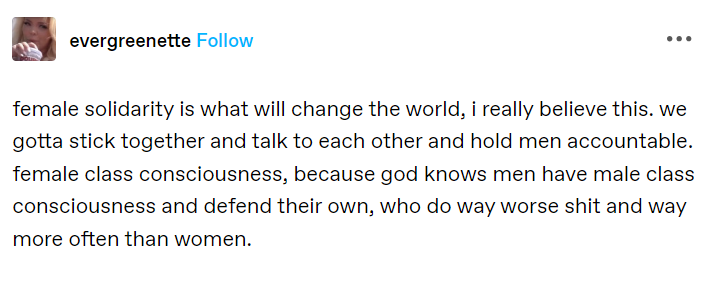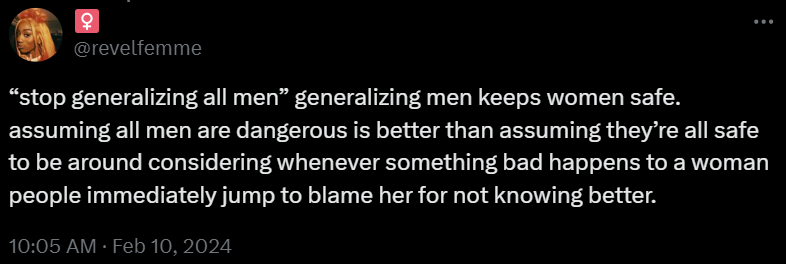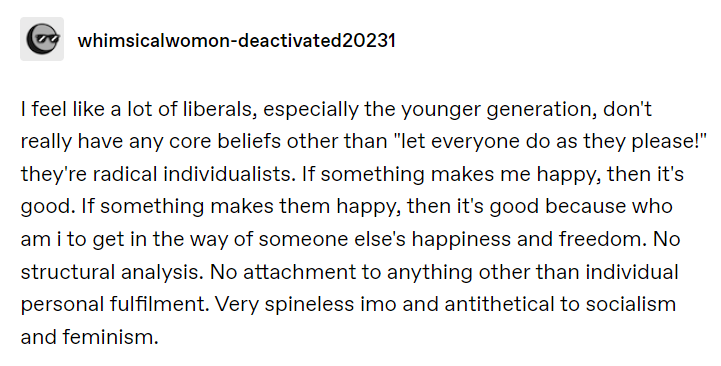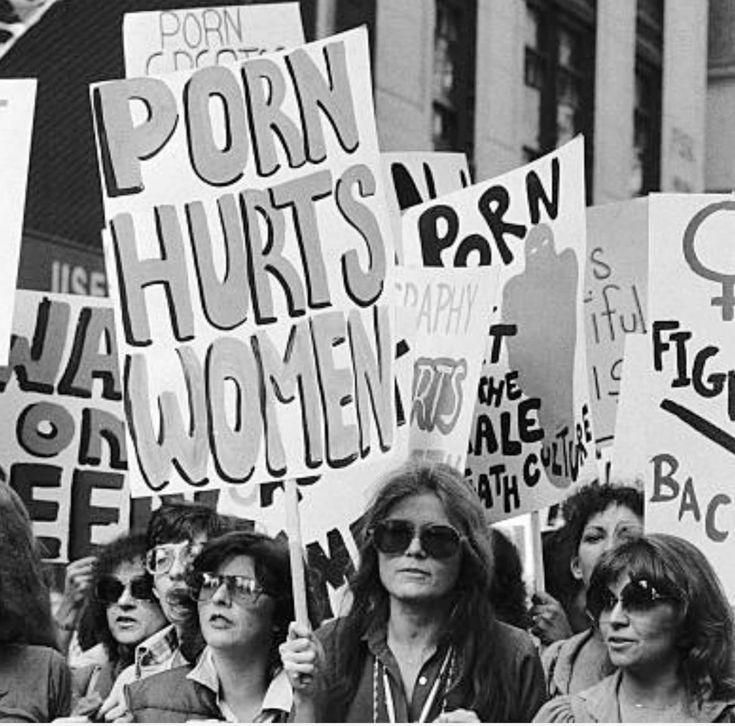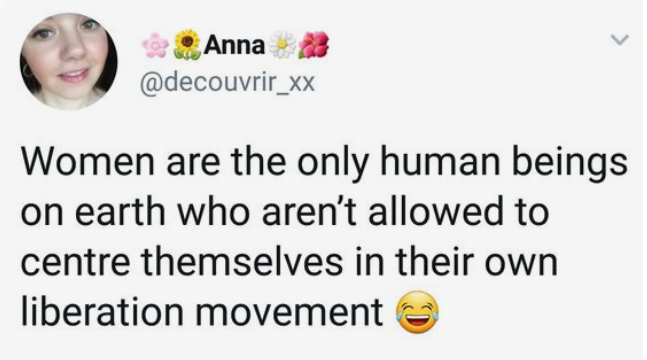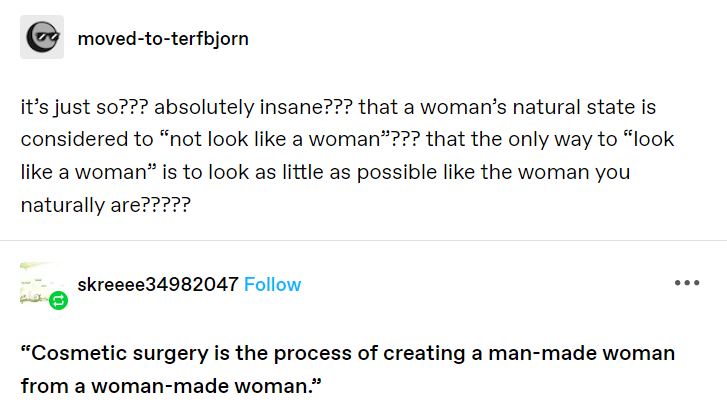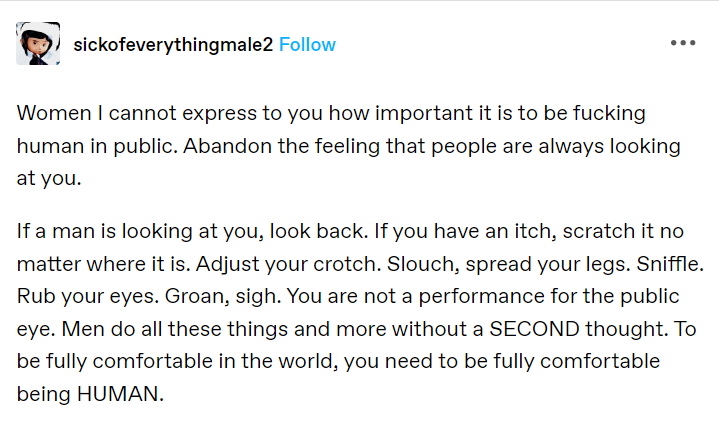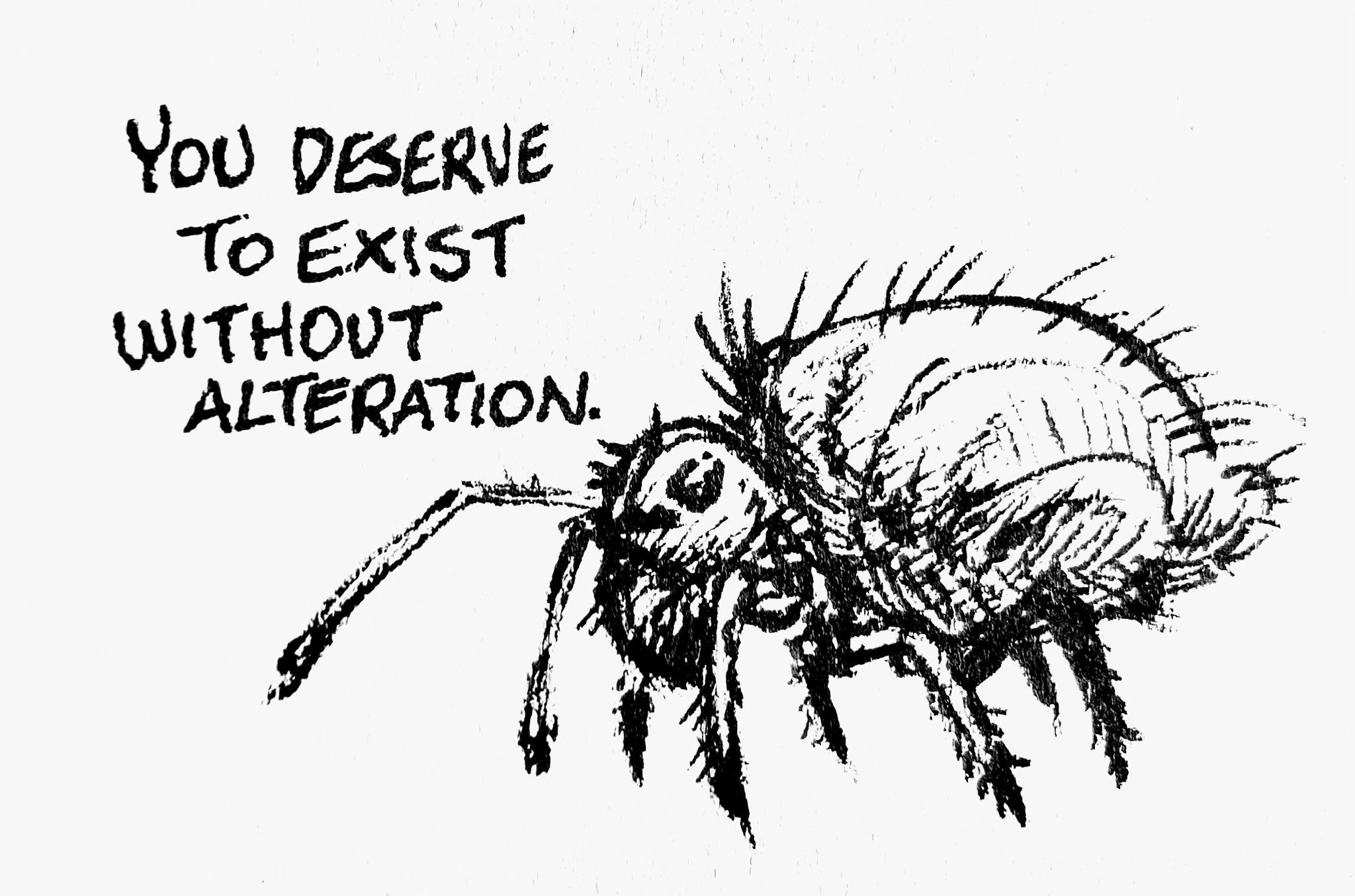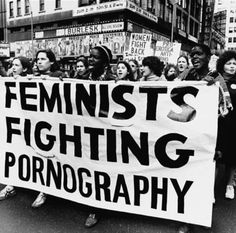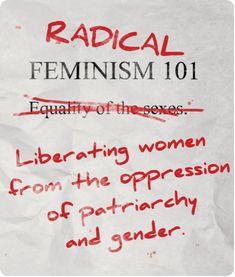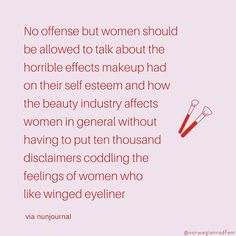about me
i have a degree in women and gender studies, but my university was very liberal. the unfortunate effect of this is that, despite graduating with honours and high distinction, i don't feel that i've learned anything important about women's liberation or women's history while i was in school--and that's by design. during the five years i spent as an undergrad, i watched "women and gender studies (wgs)" become "women, gender, and sexuality studies (wgss)," and i watched the staff go from mostly female with a female department head to mostly male, under the rule of a male department head. at the same time, i found my own feminism becoming more and more radical in response.
radical feminists have never had a good reputation. historically, we have been the subject of several moral panics--we were called dykes at first, but when homophobia became less socially acceptable, the more popular accusations were that we hate men, that we're hysterical bra-burners, that we're sex-negative puritans, that we're not intersectional, or that we're bioessentialist or trans-exclusionary. women are held to very high standards, feminists doubly so because we are unaologetic in our support for women. the more subversive our ideas become, the more scrutiny we are subject to. radical feminists bear the brunt of this because we pose the biggest threat to patriarchy.
i initially created this page to compile my favourite radical feminist sources. i reference them often, so i wanted convenient access to them, and the ability to share them with ease. radical feminism is my special interest and i frequently find myself discussing it with people who aren't sure what radical feminism is. usually they either haven't heard of it, or they have heard of it, but have only been exposed to negative stereotypes and misconceptions about radical feminism. this page then evolved into a place where i can introduce others to radical feminism and explain what it really is.
[my radfem origin story...]
my special interest in sexuality and gender started in 2013 (i was 11 years old at the time), but i didn't become a radical feminist until a decade after that. like most radical feminists, my radfem origin story is quite heavy. i initially learned about mainstream feminism from instagram and tumblr, and i supported it. i liked the idea that patriarchy hurts everyone, and that its supporters would change their minds after accepting the reality that feminism helps everyone, including them. i was mainly focused on lgbt liberation at that point, and by the time i got to university, i had decided that i wanted a career dealing with lgbt youth and/or sex education. as such, i began to work for my campus's lgbt organization. i quickly became disillusioned when i realized that men dominate those spaces, so i decided to work at the women's centre after my contract ended. the women's centre was allied with the sexual education centre, which i'd became increasingly critical of as i collaborated with them on projects.
i was still timid about feminism and women's spaces when i started working at the women's centre. i was in the midst of dealing with trauma from the anti-trans conversion therapy that i'd experiened not even a year prior, and i was still making sense of a lot of what i was told about gender. the manipulation i'd been subjected to at the hands of my mother (a self-proclaimed radical feminist), made me want nothing to do with radical feminism, or anything that reminded me of the hurt she'd caused me. nonetheless, i worked at the women's centre for nearly two years, and i sincerely loved my job.
a few days after ending conversion therapy, i dealt with the pain of losing a grandparent. the stress of both of these events happening so close to each other caused me to become hypersexual as a coping mechanism. it didn't take long until i became unknowingly addicted to pornography, and i wasn't noticing how serious of a problem it was yet. the women's centre, the education centre, and campus culture at large were all pro-sex work, pro-kink, and pro-porn. sexuality was talked about very casually among my social circles, and sex work and kink were framed as empowering. porn was promoted as a method of discovering one's innate sexual desires, and it was considered feminist for women to watch, and even produce, porn. this way we could stick it to the man and explore our own pleasures independently. i vividly remember (and am now deeply ashamed of) a time when i was co-facilitating an event with the women's centre and sexual education centre, and i parroted this exact rhetoric to the audience. of everyone who saw the plan before the event, and everyone who attended the event, not one person questioned what i was saying.
at some point my mother asked me what the women's centre does for all women and not for men. i didn't have a quick or easy answer to that. i searched my memory and found that many of the events we had hosted were socials. they could have only been considered women's events by their proximity to the women's centre--otherwise they're really just events that were open to all students, but had a predominantly female audience. the events weren't advertised as women-only, and the activities we did weren't necessarily feminist. they were just fun things, like making crafts or watching movies. the educational events dealt with specific categories of oppressed people, such as indigenous peoples, lesbians, or lgbt south asians. but there was nothing that dealt with all women as a broader concept.
i found this troubling, so i reached out to the friends i made at the centre and asked them if they knew anything about women's oppression. they sent me articles and social media posts/accounts about specific categories of women: women of colour, working class women, trans women, disabled women, etc. but nothing about women as a united class. nothing about the gender-based or sex-based oppression that all women are subjected to, which is modified by their other identity markers but exists because they are women. when i tried to express that that wasn't what i was looking for, i was met with phrases like "but these people are women" and "you really should think more intersectionally." this is when i started to notice, not just in these social circles but also in my women's studies classes, that there seems to be a widespread idea that women are not oppressed for being women. women are only oppressed by the mixing of some other social disadvantage with their womanhood. just being a woman isn't enough.
the oppression of women who have racial privilege and class privilege was largely ignored and dismissed in my university's wgs(s) program. i remember reading authors like betty friedan, simone de beauvoir, and mary wollstonecraft in class, and then spending more time criticizing their "white feminism" than engaging with the arguments that these women made. friedan's approach in particular "has been conflated with all of second-wave feminism, which is fantastically inaccurate" (source). she wrote about her own life, just as lesbian feminists wrote about theirs, black feminists about theirs, and so on. no individual feminist represents the entire feminist movement, and none of them should be dismissed for daring to speak out about their own struggles with patriarchy--regardless of their race and class. the claim that the second wave was not intersectional only furthers the erasure of second-wave feminists who were marginalized in multiple ways. the same goes for queer theorists' claim that queer theory was born to challenge the rigidity of gay and lesbian studies. queer theory and mainstream feminism must both justify their existences by misrepresenting the movements that came before them. vitrue-signaling is inherent to both of these ideologies as they must falsely claim that second-wave feminism and gay and lesbian studies were regressive, exclusionary, and rigid, thus contributing to the erasure of the feminists who didn't fit into this narrative.
the common theme in all feminist texts, across every race and class, was that women are not valued for much more than our reproductive (or otherwise unpaid) labour. my women's studies classes never asked me to make these connections between the texts, nor to present any of my theories about the overarching themes that every woman's oppression seems to be based around. each course only required me to interact with each text individually, or to connect two or three course texts to each other, and to some outside sources of my choice. our professors fixated on details and never encouraged their students to look at the big picture--in fact, it was discouraged to do so, because students who made universal claims about womanhood and patriarchy were accused of essentialism. i'm not sure if academia ever had any rigor, but this was beyond disppointing and intellectually understimulating.
so at that point, i got on tumblr, and tried on my own to find some feminists that were like me. i found radical feminism, and dismissed it because it reminded me too much of both my conversion therapist and my mom. i was worried that i'd become like them, and that i'd start hurting trans people the same way that i'd been hurt. i tried my best to just drop that subject and try to forget about what had happened. who said i had to be a feminist, anyways? who said i needed to have any sort of opinion on the niche topics that my mom was interested in? what if i just wanted to live in ignorance and bliss, at least until i could move out and have the space to figure out where i stood on all this?
through all this stress, i became more and more maladaptive. i eventually became so interested in porn and sex that i started filming and selling my own porn. part of my reason for doing so was that i didn't see anyone like me in porn, nor anyone i could realistically be attracted to. no hairy women, no midsize women, no saggy breasts, stretch marks, or butches. so i took matters into my own hands and represented myself in porn that i made. i managed to convince myself that i was making feminist porn, and i even had the nerve to feel guilty about taking money from these unfortunate, lonely, porn-addicted males. women prioritizing men's feelings over their own needs and wellbeing is female socialization at its finest.
a mere two months into my porn-selling endeavors, i quit making porn and deactivated all the accounts i'd posted it on. at that point, it had caused too much psychological damage to me for me to justify continuing. i started to criticize pornography and the culture that encourages young people to consume it. i started speaking out against sex work in my women's studies class, only to be shut down by my male professors who were pro-sex work. this pattern continued in class, in the women's centre, in the sexual education centre, and even among my friend groups. i learned that it was frowned upon to criticize the sex industry because of a bad experience that i had with it.
despite my newly developing anti-sex work stance, i was still addicted to pornography and i was obsessed with sex. i'd have sex with people i wasn't attracted to, and who treated me very badly, because i couldn't bear to still be a virgin after experiencing all that i had. after being inflicted with some sexual trauma, and noticing that my hypersexuality was getting in the way of my life, i had to get serious about making sense of this and regaining control over my sexuality. so i went back to tumblr and i started learning more about anti-porn feminism.
that was my second willful exposure to radical feminism, and i was a lot more receptive to it. i was a little bit older, and i'd started to heal from what happened in conversion therapy. of course there were some weirdos on radblr, and it was triggering at times, but i started think deeply and critically about until i came into my own understanding of gender, feminism, and the world around me.
then i started seeking out other radical feminists and realized that they were a lot like me! they were very intelligent and compassionate, and i'm proud to call them my friends.
that's the end for now. thanks for reading!
